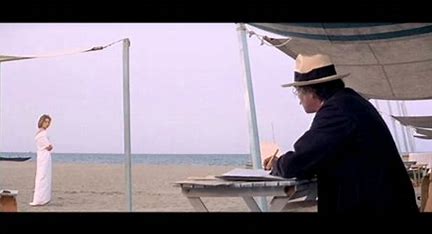One of the natural responses of the human organism when facing an unknown situation is to accelerate internal processes. When one is lost in an unknown territory, or in the darkness, one tends to move faster, to think faster and generally to mobilize one’s internal resources in order to deal with an external challenge. This usually leads to an over-expenditure of energy, exhaustion and one’s being left without valuable strength and focus to act when it is appropriate, which is typically later, after one has appraised the situation and considered how to approach a potential solution.
The above tendency is familiar to all psychotherapists: one sees, repeatedly, people who face challenging situations in their lives, and who experience a ‘quickening’: their thoughts race, they cannot sleep or relax, their biological processes are accelerated and heightened (heart rate, blood pressure, etc.). Especially when the challenges arise from long-term relationships or other life situations, where patterns of commitment and addiction have formed, individuals find it very difficult to break away from the quickening. Often, the therapists spend weeks or months trying to empower the clients to break away from the pattern of having to ‘do something’. The task of doing nothing seems much harder than doing almost anything that one can co in challenging situations. Yet, it is this task that appears to lead to the most optimal, or the only optimal, outcomes.
The learning of inaction is one of the most important tasks of outcome-based brief to medium length psychotherapy. It requires a stable relationship of trust of and reliance on the therapist. The learning of inaction is characterized by special methods. IPH offers three day courses (5 sessions, combined mornings and evenings, online), in the interventions to facilitate the learning of inaction in therapy.
The courses run every second weekend in the month, starting Friday, 15 September. The cost of the course in English is 350EUR. Applications should include a brief application letter stating the candidate’s reasons for wishing to attend the course and previous experience, a CV and a copy of the university degree. The requirements include a social science degree. The course is particularly well suited for practicing psychotherapist and trainee psychotherapists. All applications should be lodged at least 7 days prior to the intended commencement of the course and should be sent to: office@iph.edu.rs



Average Rating